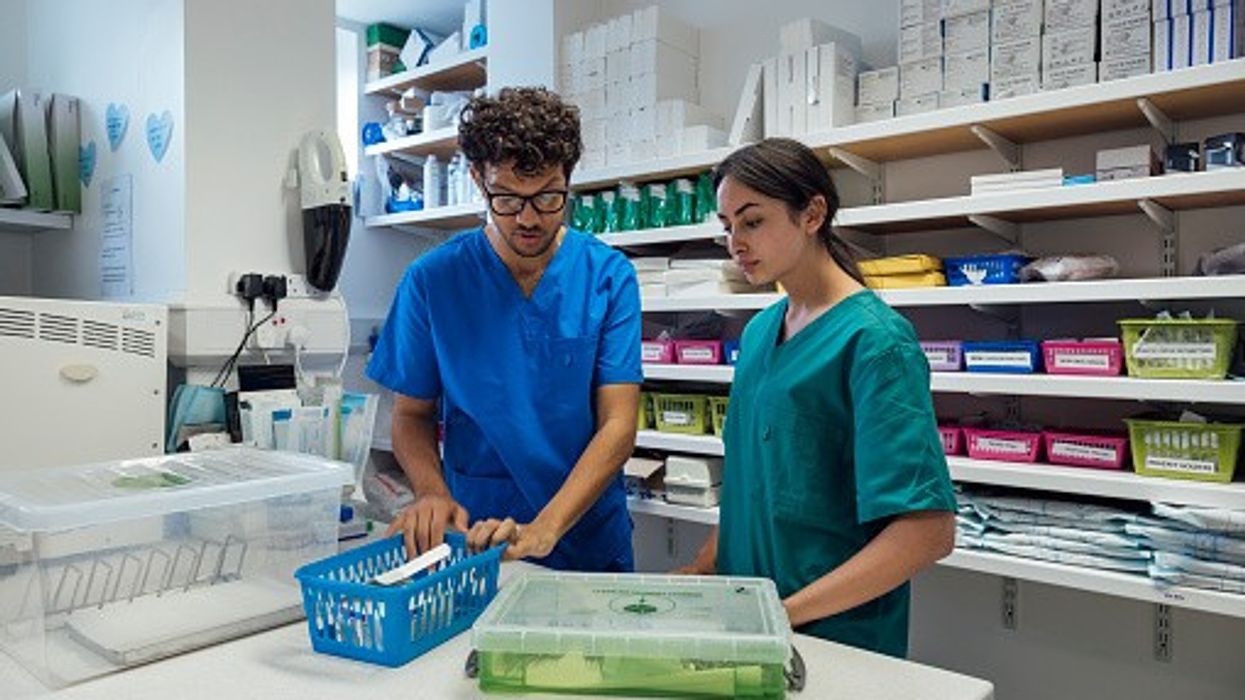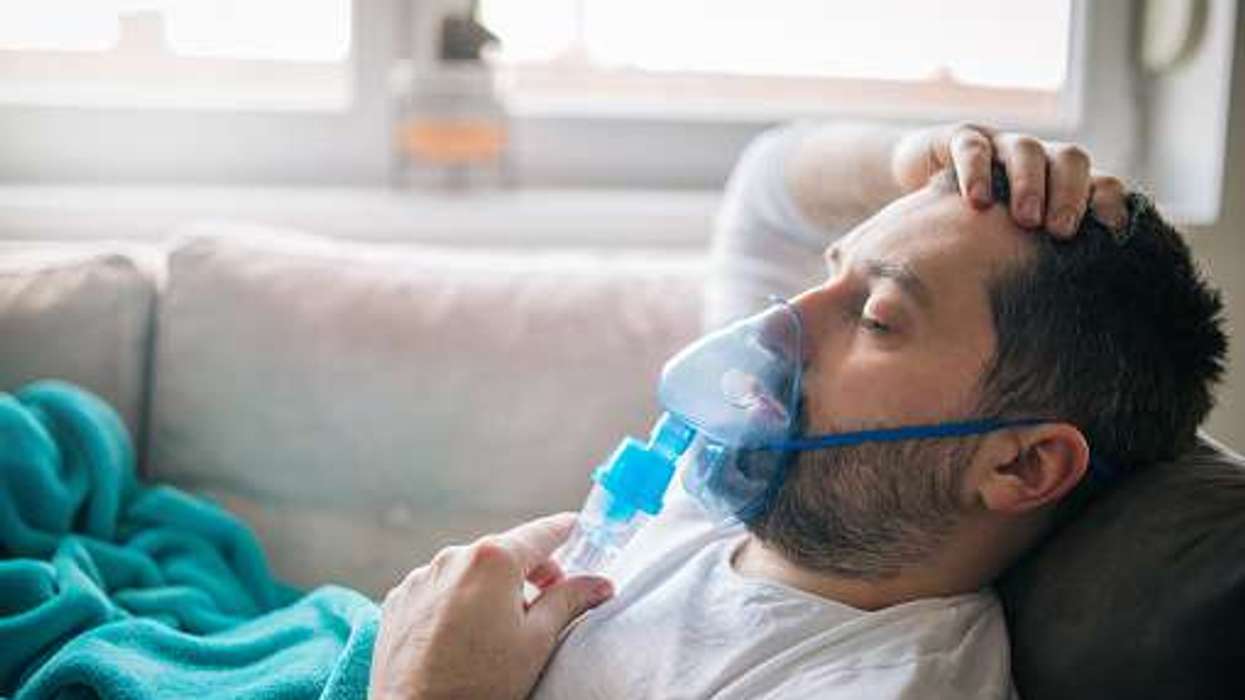The Royal Pharmaceutical Society (RPS) has called on the General Pharmaceutical Council (GPhC) to reduce annual registration fees for non-practising pharmacists — such as those on parental leave or with a long-term illness — in response to the regulator’s consultation on proposed changes to fees.
The GPhC is proposing a 6% increase in annual registration fees from September 2025 to cover the rising operational costs.
If implemented, this would raise the pharmacist registration fees by £17 to £293, pharmacy technician fees by £8 to £138, and pharmacy premises fees by £24 to £416.
A further 6% increase is proposed for September 2026, which would push the pharmacist registration fee to £310, technician fees to £146, and pharmacy premises fees to £441.
While acknowledging the GPhC’s financial pressures due to rising operational costs, the RPS highlighted that “these costs are also being felt personally by pharmacists and organisations operating pharmacy businesses against a difficult economic backdrop."
The Society highlighted that the proposed 6% hike exceeds the current rate of inflation and could place additional strain on pharmacy professionals already grappling with the ongoing cost-of-living crisis.
“The difficult current financial situation that many pharmacy professionals find themselves in as the cost-of-living crisis continues means that any increase must be minimised,” it said.
“The registration fee is not optional for registrants, they need to be registered to be able to make a living, and therefore, this needs to be taken into consideration when increasing the fees.”
The RPS also advocated for reduced fees for non-practising pharmacists.
It said: “The registration fee is not equitable for those who are currently registered but not practising, such as those who are undertaking maternity or paternity leave.”
“The GPhC is out of step with other regulators, such as the General Medical Council (GMC), who have allowances and discounts for these circumstances.”
“The GPhC should consider their approach to registration for these professionals, with a consideration to how these registrants could be supported and the feasibility of reduced fees during such time that they are not practising.”
The RPS suggested introducing income-related discounts to support “struggling” pharmacy professionals, similar to other regulators such as the GMC, which offer reductions for doctors with low incomes and those in their foundation years.
The RPS cited its own membership fee model, which offers reduced fees for members not actively practising, such as those on parental leave or with a long-term illness, and for newly qualified pharmacists.
Recognising that such an approach would likely result in a revenue decrease for the GPhC, the RPS suggested that the regulator explore “the feasibility of such an approach and how this could be potentially funded.”













